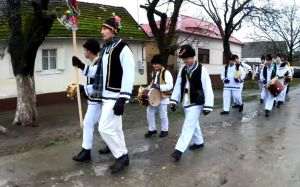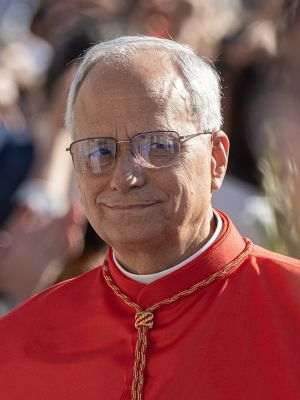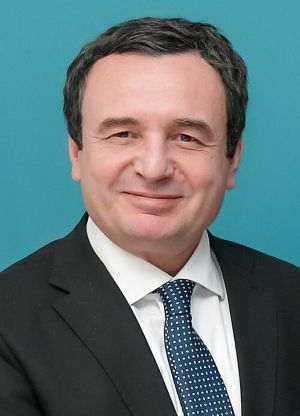Election campaigns manage to upset the political world, but the effects are felt in all layers of society. BOR servants are no exception. The leadership of the Romanian Orthodox Church approved a "Correcting" which refers to the attitude of the clerical staff towards the electoral campaigns and this year's elections. The directive approved by the Holy Synod of the Romanian Orthodox Church "in view of the European parliamentary, local, legislative and presidential elections in 2024" was approved "out of the desire to make the attitude of the Romanian Orthodox Church as clear as possible towards political life and electoral campaigns". Through the document published on basilica.ro, the BOR leadership decides: "In his capacity as a citizen of the Fatherland and as a spiritual father of all his parishioners, regardless of their political orientation, the priest has the freedom, the blessing and the duty that, from his position and through the means spiritual ones that are specific to it, to participate in the life of the city, supporting activities aimed at promoting the public good and opposing any measures or activities that prove to be in contradiction with Orthodox Christian teaching and morals. In order to respect the political options of his believers, the priest has the obligation to maintain neutrality during the electoral campaigns, both in public statements and in practical activity, in relation to issues of a political nature. The political option of the priest will be expressed only by secret personal vote". The Holy Synod maintains, for the year 2024, a decision it approved in March 2008, whereby, in accordance with the Holy Canons, it is stipulated that among the occupations incompatible with clerical service and dignity is that of "receiving or worldly pursuits". In this sense, the bishop, priest, deacon, monk and nun of the Romanian Orthodox Church are prohibited from: doing partisan politics; to be a member of a political party or an organization that can be assimilated to a political party; to run for parliamentary or local elections; to participate in electoral campaigns as a supporter (or); to hold positions of dignitary/high civil servant at central or local level, in the Romanian State or in other states. In the Rule it is also stated: "The cleric or monk, who gets involved in the politics of any party as a member or candidate, but also by supporting a candidate, violates the covenant submitted at ordination ("...I will not engage in hostile activities vocation to the priesthood and I will not take part in works and gatherings that harm the Church», synodal decision no. 4670/2008), the provisions of the Regulation of canonical disciplinary authorities and courts of the Romanian Orthodox Church (2015) and of the Regulation for the organization of monastic life and the administrative and disciplinary functioning of monasteries (2003) and will have to choose between a political career and clerical mission/monastic life. Deviations of this kind will be judged in the diocesan Consistory".
Priests and deacons can run, with a dispensation, but only as independents and only for the capacity of local councilor and county councilor in Romania, under the following conditions: if there are no Orthodox lay candidates, "well prepared, able to effectively represent the communities they come from and whose composition includes Orthodox believers", if it is found that there is a violation of political neutrality or the public support of a political party at the local level by the servants of other cults or religious organizations, or if some political parties or politicians promote ideas "that attacked constantly the institution of the Church and the Christian moral values of society".
In the same document, the Holy Synod recalls its appeal to the leaders of the political parties in Romania "not to allow the recruitment of members from the ranks of the clergy nor the use for political purposes of persons, spaces, services and church symbols" and reiterates the fact that the Romanian Orthodox Church does not recommend supporting any political party or any political ideology, but urges all citizens to make choices according to criteria aimed at achieving the good of the country and promoting Christian values in society.
The Church recommends to believers 10 "orientative" criteria to take into account when choosing a candidate, these include the manifestation of faith in God and responsibility towards the community; the defense of religious freedom and the support of the spiritual and social activities of the Church; respect for the human person and the promotion of the culture of life; the promotion of the traditional, natural family, consisting of a man and a woman, meant to conceive other lives; the implementation of policies against abortion, euthanasia, research on human embryos, cloning. Other criteria include the defense of natural resources, the protection of the environment and the development of agriculture, as bases of responsibility for present and future generations; supporting Romanian communities around the borders and the Romanian diaspora, as well as promoting projects to encourage Romanians to return to Romania; defending and promoting with dignity the interests of the Romanian people, externally and internally.


















































